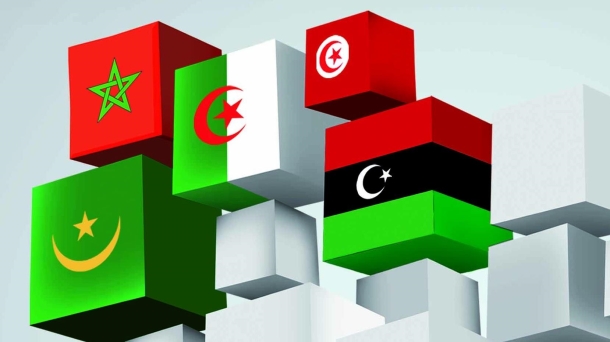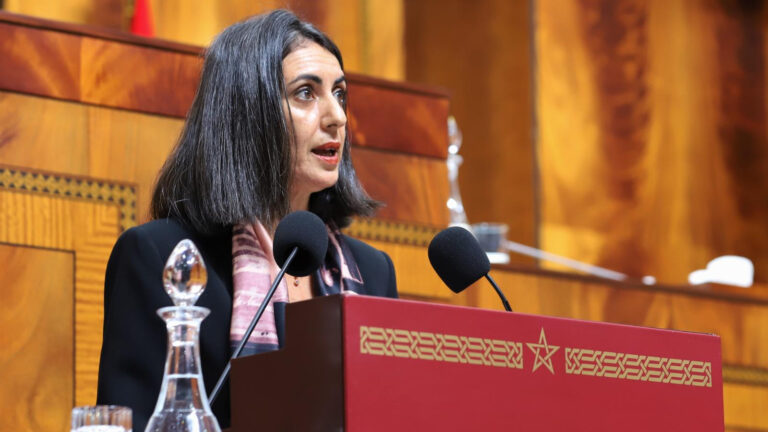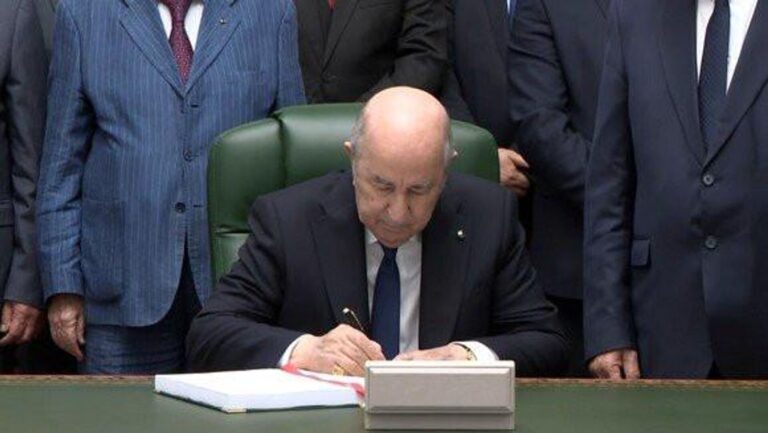
bringing together Morocco, Algeria, Tunisia, Libya, and Mauritania — promised strengthened regional solidarity and economic power on both continental and global scales.
However, political disagreements and divergent interests have often stalled these ambitions, leaving this vision largely unfulfilled.
Today, a new phase is emerging, built on concrete collaboration between industrial and institutional actors from both shores, offering a tangible step towards integration through strategic sectors.
On Wednesday, a key meeting in Nouakchott gathered major representatives from the industrial and institutional sectors of Morocco and Mauritania.
The meeting aimed to establish a lasting partnership between Moroccan associations specializing in metallurgy, mechanics, and electromechanics, and Mauritanian groups active in industry, mining, and energy.
This partnership seeks to strengthen cooperation in these crucial fields to create industrial synergies beneficial to both economies.
“This alliance goes beyond simple commercial cooperation; it aims to establish joint development through the sharing of expertise, resources, and technologies,” organisers emphasized.
The targeted sectors reflect the complementary strengths of each country. Morocco’s solid expertise in manufacturing and natural resource transformation aligns with Mauritania’s significant mineral reserves, a major economic asset.
Energy, vital for developing economies and shaped by rising priorities in renewables and energy transition, also plays a central role in this cooperation.
By pooling their capabilities, Morocco and Mauritania aspire to build a regional value chain better suited to today’s industrial and economic demands.
This initiative represents a pragmatic step towards regional economic integration, based on concrete projects and mutual commitment from both public and private stakeholders. It demonstrates that combining skills and common goals can overcome historical barriers.
As one of the first major concrete cooperations in the Maghreb, this partnership offers a model for other countries in the region. Shared industrial development could strengthen ties and advance the long-awaited economic integration, with benefits expected in the short and medium term.



